Dynasty Warriors: Origins (PC) Review
By Chris Leebody  11.04.2025
11.04.2025
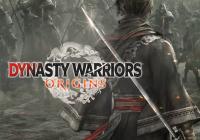
When a series finds its niche, its comfortable little spot on the gaming map, it's hard to break out of it naturally. Dynasty Warriors found that niche early and firmly stuck to it. From the transition between the PS2 era to current generation consoles, the series delivered its regular cadence of title drops, each simply adding another dusting of icing on top. Was it fun for fans of the Musou genre? Sure. Did it start to get a bit stale? Most definitely. After Dynasty Warriors 9 and the subpar attempt at an open world, some wondered if the series would actually return following an extended hiatus and Koei's ventures into pastures new. But return it did, revamped and refreshed. A new coat of paint, a new narrative structure and a new gameplay beat. Dynasty Warriors: Origins is what it sounds like on the tin - a rebooted origin tale for the franchise, which charts the war and drama of Three Kingdoms era China.
There is a large contingent of Dynasty Warriors fans whose first serious gaming memories will be centred around this franchise. They probably booted up that newly bought PS2 and loaded up Dynasty Warriors 2.
As younger gamers, what greeted them wasn't the blocky, low framerate and terrible view distance reality, but instead the imagination of huge battlefields, massive armies, a memorable set of characters and the feeling of winning important victories.
Imagination was required back in those days given the technical limitations, but the biggest compliment to Dynasty Warriors: Origins is that it finally delivers a true taste of what this franchise deserves to be.
Let's cut to the chase here: Dynasty Warriors: Origins doesn't do everything right, and it's those very aforementioned fans of the series that may actually have some of the biggest critiques of the new direction, but Koei and Omega Force have to be applauded for daring to sit down and reimagine what a Dynasty Warriors game looks like.
What is that reimagining, then? Well, first things first: the character list has been chopped right back, and that is not an exaggeration. For a franchise known for its mammoth cast of heroes, Origins instead introduces the mysterious wanderer Ziluan as the series' first main protagonist.
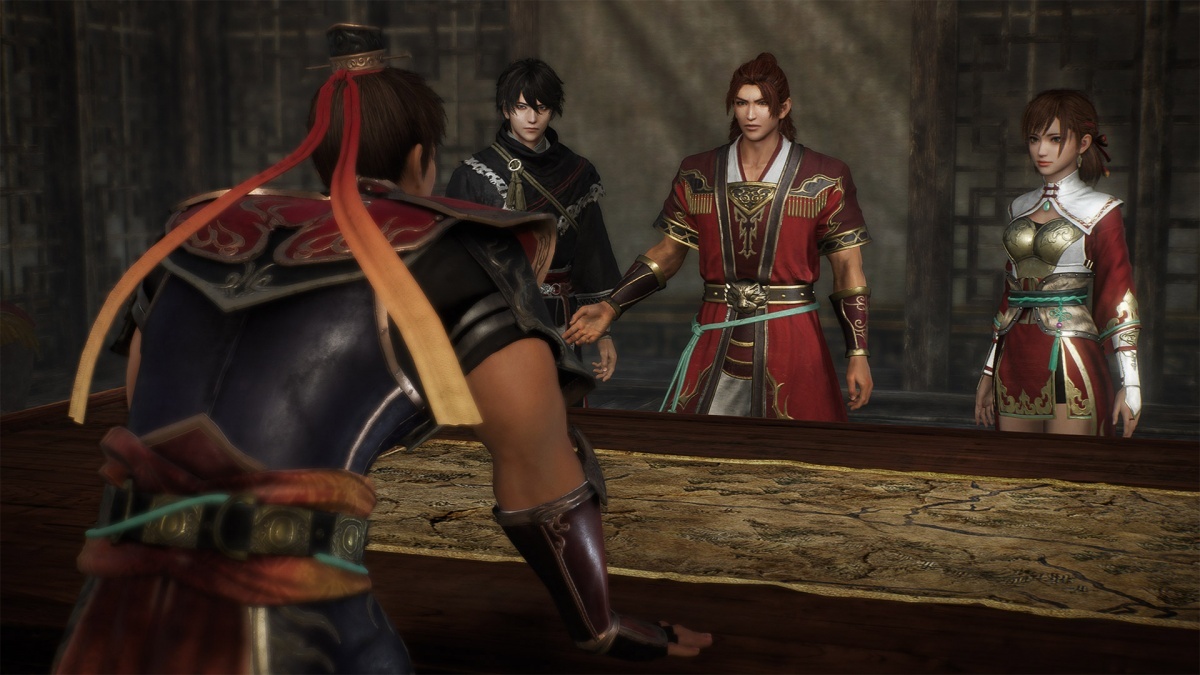
Instead of picking a character from one of the many states in this war-ravaged period of Chinese history, Ziluan gets firmly thrust right into the heart of the action, which chronologically moves from the rise of the Yellow Turbans, the fall of the Han Dynasty, and the rise of the Three Kingdoms.
There's no doubt this change of approach will have its detractors. Ziluan is far from the most engaging of individuals. He doesn't have a huge amount of personality, not helped by the fact he has virtually no dialogue beyond the occasional acknowledging grunt. While some light RPG elements involve dialogue choices, there are virtually no tangible differences between those options and certainly not enough to breathe any real life into him.
While there's a strong argument to say Ziluan could have been presented more effectively, equally it's a fair argument to suggest he does the job that is required, and that is to act as an avatar to guide the player through the bits of the story they are actually interested in - the tales of the Romance of the Three Kingdoms on which the franchise has been based on. He is an effective conduit to more interesting experiences.
No, there is no free mode Dynasty Warriors fans are used to, and no selecting Lu Bu, Guan Yu or Ma Chao and smashing through hundreds of enemies with those characters across a mammoth range of stages. However, that does make the moments when the player gets control of some of the series' trademark heroes much more special and significant. And while it feels like there are fewer stages overall than some of the later Dynasty Warriors titles in the franchise, the ones that are here are exceptionally well designed and filled with action packed moments.
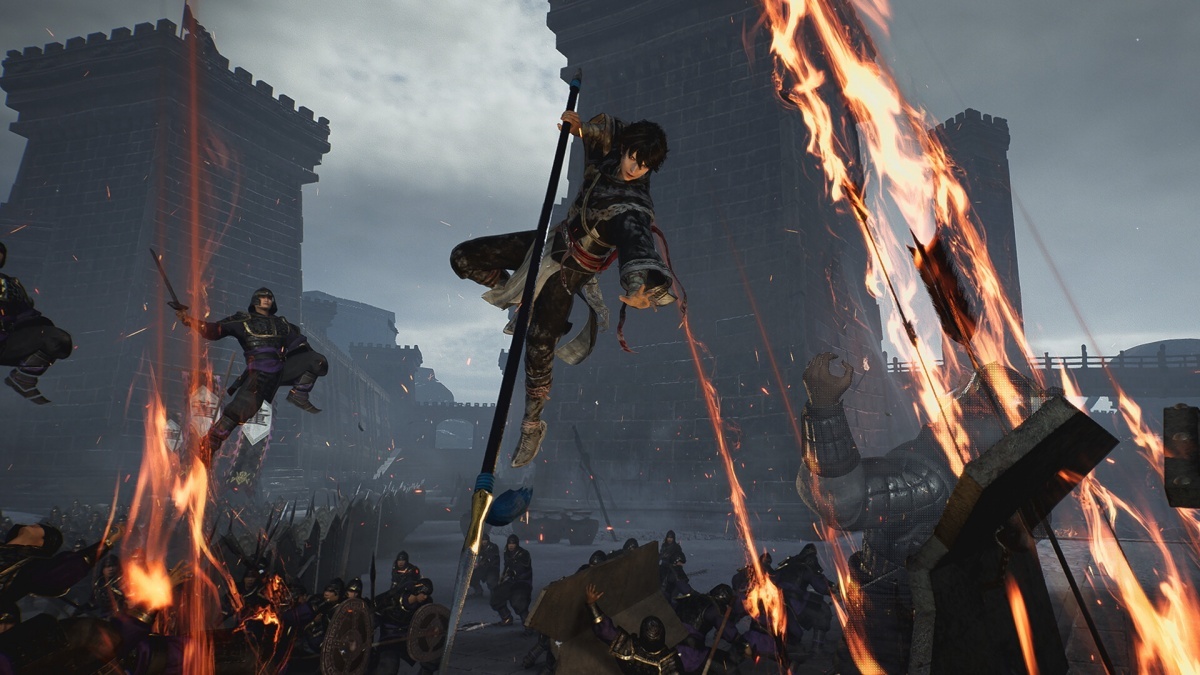
It never gets old playing Origins to charge headfirst into a clash of armies alongside thousands of other troops. Where previous entries had to portray this in scripted cutscenes, Origins both has the technical prowess and graphical style to finally do this justice in the moment-to-moment gameplay. Even in the heat of some of the biggest battles of this 35-40-hour story, performance across PC and Steam Deck is fantastically smooth and stable.
Those troops on screen are not just eye candy, though, and this is where Dynasty Warriors: Origins arguably shines brightest. Whereas over the last decade it has felt like a series that was becoming ever easier and more focused on racking up thousands of kills across more linear maps, now enemy troops finally have a purpose, and maps are once again worth exploring.
Once more, enemy troops pose a threat. Not content with just taking blows, in the middle of some of the biggest fights the regular peons will group up and commence charge attacks. They will rally together and protect their general. Archers support the infantry from the back line of the army and shield walls actually feel like a challenge. What's good for the enemy is also good for allies, though.
Morale once again plays a key role in battles, with victories against enemy generals and capturing enemy bases all key to ensuring important allied commanders do not fall. This does fall short in some cases, and there has been a lot of online criticism floating around Origins about players feeling like they must babysit their allies too much.
That definitely does feel like it has some kernel of truth to it, but it also serves to keep up the pace of battles and ensures there is always reason to be actively doing things. That said, there is still time to breathe during battles and admire these expansive and beautiful battlefields. Some of the key moments and set pieces are also among the best the series has delivered. Fighting in front of Hu Lao Gate - the series' iconic stage - has never felt and looked so epic.
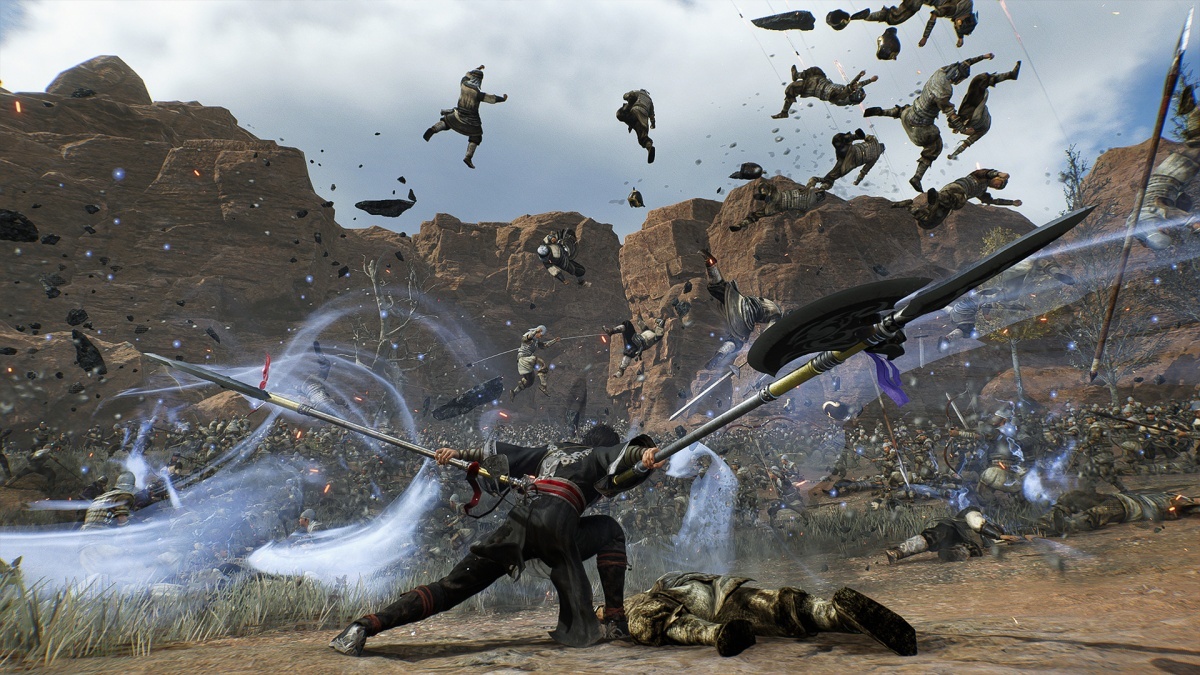
Alongside that gameplay, of course, a key component of the experience is the iconic Dynasty Warriors soundtrack that has returned with abundance, with a nod to some of the classic tracks of the past for that sweet nostalgia hit, while delivering some banging new tunes.
After so many years of familiarisation of how iconic characters sounded, this reboot does take a little getting used to with so many new voices among the roster. However, there are not too many misses among them, and it is excellent to also have the option of a full English cast alongside the Japanese voice option.
Beyond all the presentation and flow of battles, though, the single biggest change to Origins is arguably among its most controversial. There are still flashy combos and sweeping attacks, but the Soulslike influence of recent years - or maybe more accurately, Koei's take on the genre with Wo Long: Fallen Dynasty - is hard to get away from here.
Enemy generals are like the mini-bosses of that title. They block, have stagger bars to chip away, do special moves and sometimes devastatingly powerful attacks.
It's a significant change from the past of the franchise. The tactical consideration around fights with generals mirrors the more tactical feel of the overall gameplay. Using special abilities when the general telegraphs his attack, using combos to break their armour before unleashing a rush attack - that's the general flow of combat. It's a change, and arguably one for the better in terms of freshening up gameplay.
Weapon types have been cut right down to a few of the most basic from the series and feel more grounded in reality. The swords, spears and halberds return, of course, and a full levelling up and gem system allows customisation to keep things fresh. Just don't expect the wackier weapons of previous titles here, which is likely to be a shame for some who prefer the more light-hearted element of the Musou world.
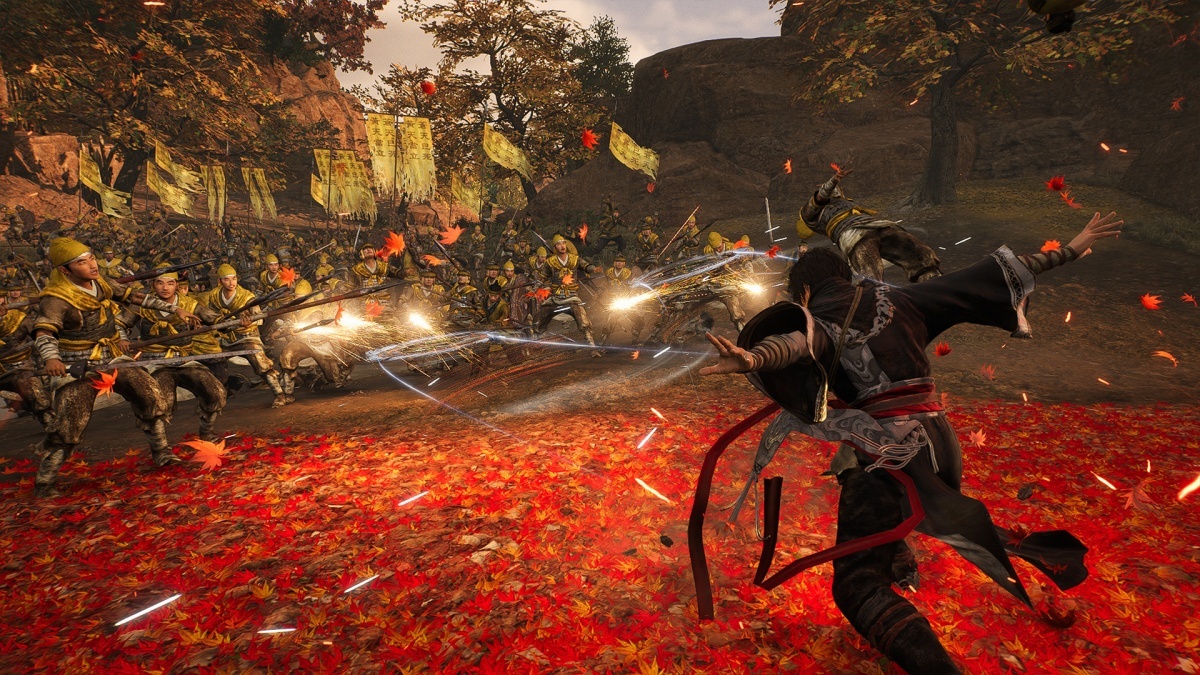
Cubed3 Rating
Exceptional - Gold Award

Dynasty Warriors: Origins is a reboot, and like all reboots, it will always leave behind some of those fans that so cherish the originals. That said, for all the fans it might annoy, this new title has released to a very positive response to what has, at times over the decades, been a harsh jury of critics in the gaming press, which says a lot. It's easy to see why. While keeping to the core roots of the much-loved Dynasty Warriors 2 to 5, it forges a new path that takes advantage of the power of modern PCs and gameplay that taps into some of the trends of modern gaming. No, the main character here is not going to win any awards, and future games have definitely left a lot of scope to build on, but if Origins is now the template going forward for Dynasty Warriors, it is easy to get excited about the future of the series.
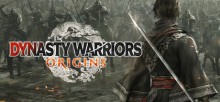
![]() 9/10
9/10
![]() 0
(0 Votes)
0
(0 Votes)
 Out now
Out now  Out now
Out now  Out now
Out now  Out now
Out now Comments
Comments are currently disabled

 Sign In
Sign In Game Details
Game Details Subscribe to this topic
Subscribe to this topic Features
Features





 Top
Top

